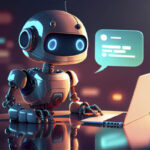
AI Agents in the Workplace: A Simple Guide to the Future of Work
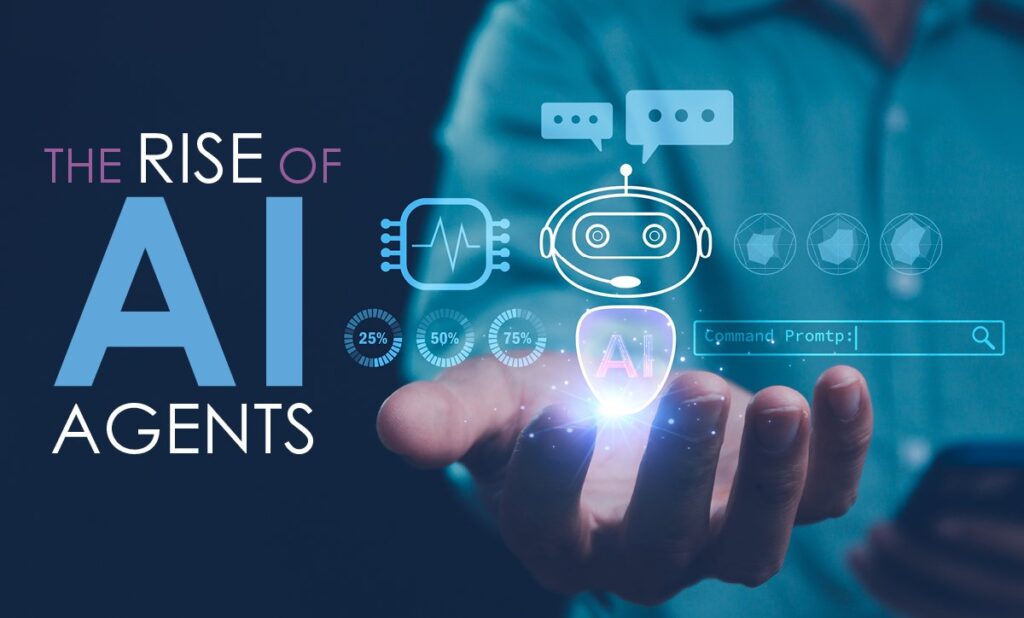
Work is changing fast because of AI agents. These are smart computer programs that can think, learn, and do tasks on their own without needing someone to tell them every step.
What Are AI Agents?
Think of AI agents as digital workers that can understand what you want and figure out how to do it. Unlike regular computer programs that only follow exact instructions, AI agents can make decisions and solve problems by themselves.
For example, a regular computer program might send the same email to everyone on a list. But an AI agent can write different emails for different people based on what it knows about them. It can also learn from what works and what doesn’t, getting better over time.
How Companies Use Them Now
Many businesses already use AI agents in different ways. In hospitals, they help schedule appointments and remind patients to take their medicine. Banks use them to spot credit card fraud and help customers with their accounts.
Customer service is where most people notice AI agents. Instead of waiting on hold to talk to a person, you might chat with an AI agent that can solve your problem right away. These agents can look up your account, process returns, and answer complex questions.
Law firms use AI agents to read through contracts and find important information. This saves lawyers hours of work so they can focus on helping their clients with bigger issues.
How Jobs Are Changing
AI agents aren’t just replacing workers – they’re changing how work gets done. Many people now work as a team with AI agents. The human does the creative thinking and relationship building, while the AI agent handles the routine tasks.
For example, a marketing person might come up with a campaign idea, and their AI agent will test different versions, track what works best, and adjust the ads automatically. The human focuses on the big picture while the AI handles the details.
Office workers are seeing big changes too. AI agents can now schedule meetings, organize files, and write basic emails. This means administrative workers are becoming more like AI managers, overseeing several AI agents and making sure they do what the company needs.
New Jobs Being Created
While some jobs are disappearing, new ones are popping up. Companies need people who can train AI agents, fix them when they break, and make sure they follow the rules. These “AI trainers” and “AI coordinators” are becoming important new roles.
There are also jobs for people who can explain AI to others, help teams work with AI agents, and make sure AI is being used fairly and safely.
Challenges We Face
Not everyone is ready for this change. Many workers worry about losing their jobs or not knowing how to use new technology. Companies need to train their employees and help them learn new skills.
There are also concerns about AI agents making mistakes or being unfair to certain groups of people. We need rules and oversight to make sure AI agents are used responsibly.
Privacy is another big issue. AI agents often need access to lots of personal information to do their jobs well, which raises questions about how that data is protected.
What This Means for Workers
The key to success in this new world is learning to work with AI agents rather than competing against them. Workers who can combine human creativity and judgment with AI efficiency will be the most valuable.
This means focusing on skills that humans do best: creative thinking, emotional intelligence, complex problem-solving, and building relationships. Meanwhile, AI agents can handle the repetitive, data-heavy tasks.
Looking Ahead
The future workplace will likely have AI agents working alongside humans in almost every job. This partnership could make work more interesting and productive, with humans freed from boring tasks to focus on meaningful work.
However, this transition won’t happen overnight, and it won’t be the same for everyone. Some industries will change faster than others, and some workers will need more support to adapt.
The most important thing is preparing for this change now. That means learning new skills, staying curious about technology, and being open to new ways of working. Companies, schools, and governments also need to work together to help people make this transition successfully.
The rise of AI agents represents one of the biggest changes in how we work since the invention of computers. While it brings challenges, it also offers the chance to make work more human by letting AI handle the routine tasks while people focus on what they do best: thinking creatively, solving complex problems, and connecting with each other.



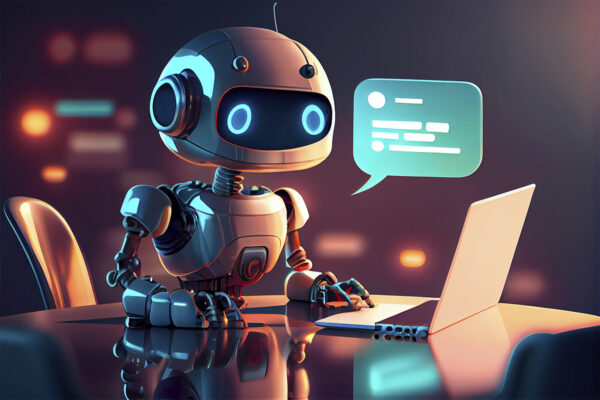
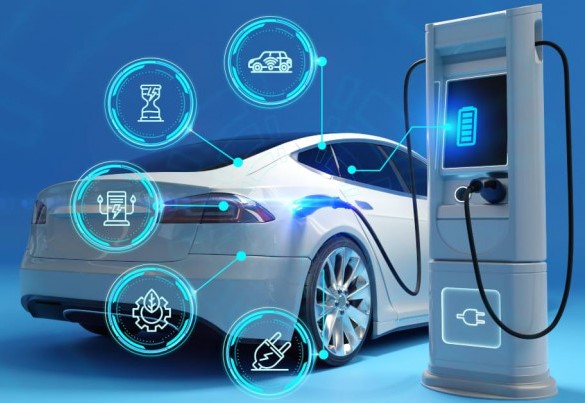



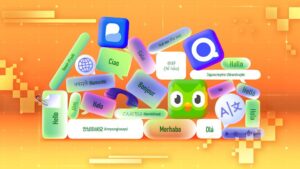



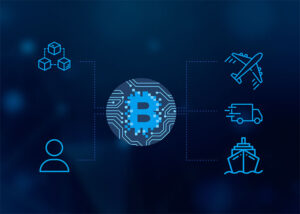


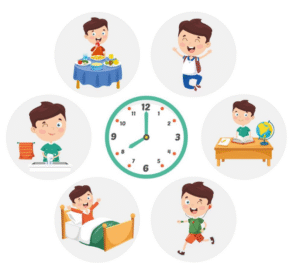
Post Comment